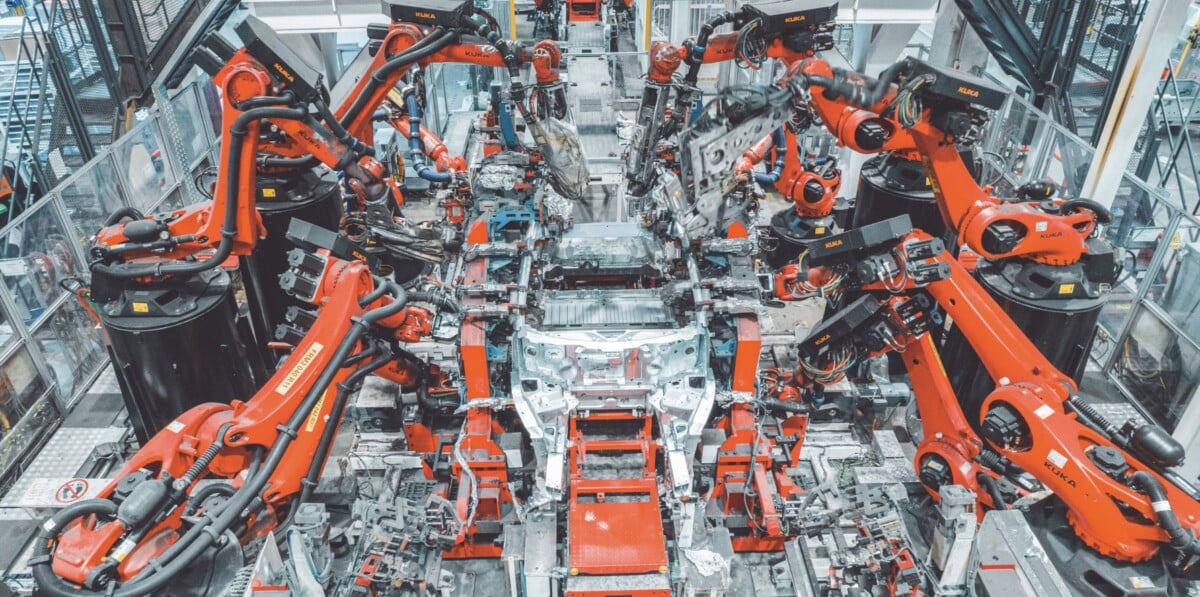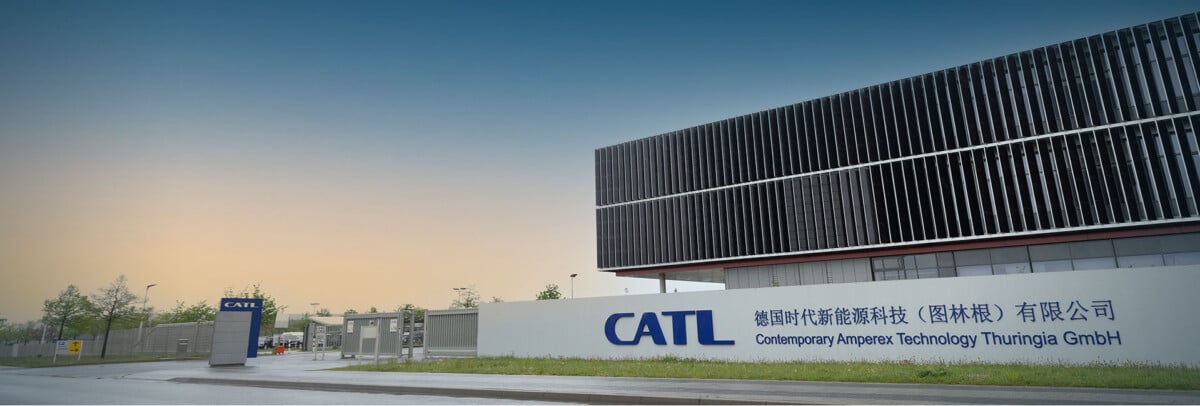The European Commission unveils the outlines of its action plan to reduce its dependence on China for the production of batteries for electric cars. Two strategies will be implemented based on the IRA already in effect in the United States.
For many months, specialists have been sounding the alarm about the risks of the invasion of Chinese manufacturers in Europe. But in addition to the arrival of new brands on the market such as Nio, Xpeng or BYD, experts are worried of our dependence for the supply of raw materials. But that might not last.
Two new plans unveiled
The European Commission has finally decided to put in place measures to fight against Chinese superiority, as explained by the NGO Transportation & Environment, which also recently warned about American competition in the manufacture of batteries. Indeed, many manufacturers and equipment suppliers are abandoning Europe to produce in the United States, due to more attractive tax advantages. This is particularly the case of Volkswagen, which is reluctant to relocate its production of batteries across the Atlantic.
Will this change with Europe’s strategy? Not necessarily, because it has not yet announced the granting of a grant like North America does. As a reminder, the IRA (Inflation Reduction Act) provides an envelope of 370 billion dollars for companies that play the game by producing in the United States with locally sourced materials.

This explains why Tesla wants to cut back on the production of 4680 cells in Europe and why Volkswagen also wants to relocate there. Not to mention the fact that electric cars assembled in the territory are eligible for a tax credit of $7,500.
From 2024, it will be necessary that half of the battery components are also manufactured in the United States to benefit from a second bonus, intended for the production of batteries. This represents about a third of the manufacturing cost of an accumulator (45 dollars per kWh of battery produced). We understand better the sudden interest of the whole industry to set up factories in the United States.
For his part, the Critical Raw Materials Act European aims to ensure a secure, diversified, affordable and sustainable supply » materials such as lithium, cobalt or even nickel used for electric car batteries. Thus, by 2030, at least 40% of the transformation of materials will have to be done in Europe while 15% of recycled materials should be used.
Develop clean industry
A goal that should not be too difficult to achieve, while Mercedes promises a recycling rate of 96% of its batteries, thanks to a new factory which will be established in Germany. In addition, the law on critical raw materials provides that Europe is not dependent on a single third country for more than 65% of its imports for each of the eighteen raw materials that it has defined as strategic.
For this, several strategies will be put in place, such as the signature of partnerships with countries in Africa, Latin America and North, in order to reduce dependence on China. Because for the time being, the production of electric car batteries is mainly done in the Middle Kingdom. Even if some players like CATL are starting to establish themselves here.

A second plan, called Net-Zero Industry Act was also presented by the European Commission, chaired by Ursula von der Leyen. This relates in particular to the manufacture of clean technologies on the Old Continent, in order to cover 40% of needs by 2030. For this, the procedures will be simplified with regard to the granting of permits to set up industrial sites and financing. Several areas should benefit from this measure, such as solar or wind energy.
This could have a direct impact on electric car users, with charging using greener energy. This would reduce the voltages on the electrical network by increasing the sources, while reducing the price of the load. A hydrogen bank should also see the light of day, while some manufacturers like Toyota and Hyundai believe in this engine.
If subsidies will indeed be granted to companies that will play the game, no precise figures have yet been released by the European Commission for now, unlike the United States. So all you have to do is wait a few more weeks to find out more.
Want to join a community of enthusiasts? Our Discord welcomes you, it’s a place of mutual aid and passion around tech.
